4 More Science EggSperiments: (Part 3 of 4)
EggSperiment #4
Will an egg float or sink in water? What happens when we add salt to the water?
We added a lot of salt to one cup and had plain water in the other cup.
The egg in salty water floated, while the other egg sunk. We talked about why that was the case and how salt molecules changed the density of the water.
Egg Activity #5
Do eggs breathe?
Have the kids discuss this. Then take an egg and place it in warm water or vinegar. Have them watch as bubble form around the egg and start rising towards the surface.
Eggs are porous:
• Eggshells have to have little holes in them so that air can move through and into the egg for the growing baby bird. This lets the growing embryo get oxygen.
• We can see evidence that there are little holes in an eggshell by putting it in water and seeing air bubbles. Air can not only get into the egg, but come out of it, too.
Eggs and Pollution
We then talked about how since it is porous it can let things through — like acid (vinegar), acid rain and pollutants. We talked about DDT (how eagles nearly became extinct)– and how poisons, pesticides and so forth can harm the animal populations. Also, this means that eggs can take on the smell/flavor of things around it so it is important to keep eggs in their carton in the fridge so they don’t begin to smell like stinky cheese!
Egg Activity #6
Chick Development
After talking about the growing chick embryo, we brought out this set I made a few years ago. You can buy the same thing (for example Learning Resources makes a set), but since we only use it for 10 minutes once every couple of years, it wasn’t worth the $30 price to our homeschooling family. Instead I bought some wooden eggs from a craft store and printed pictures out from the Internet.
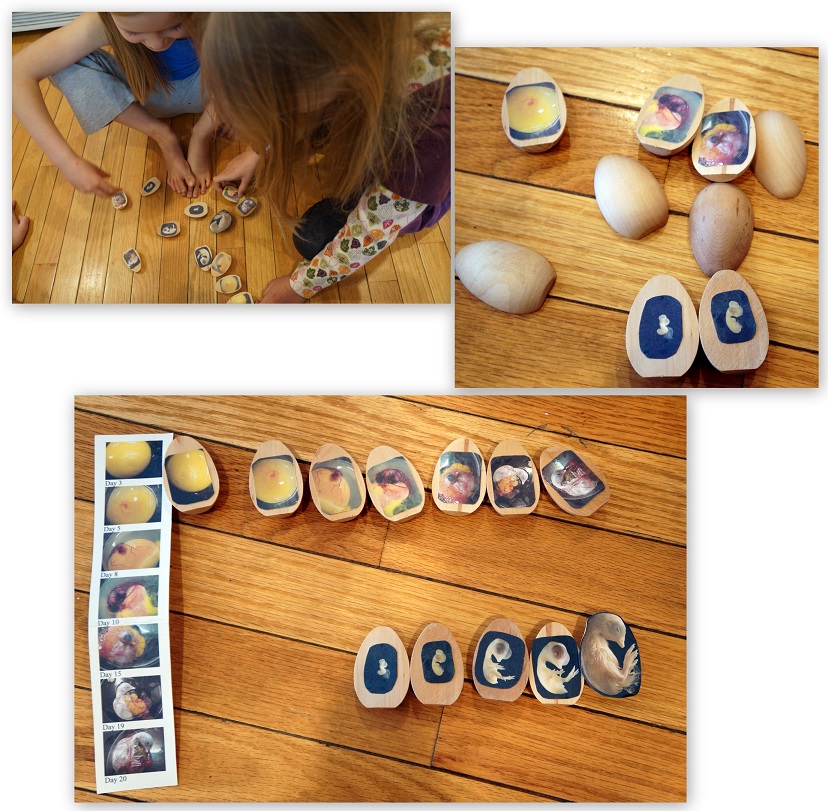
EggSperiment #8
Is this egg hard boiled or raw?
Give the kids a hardboiled egg and a raw egg and have them try to figure out which is which. Suggest that they spin them around. Can they figure out which is which?
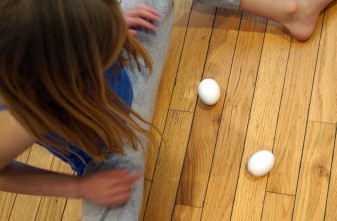
If the egg spins well, it is hard boiled. If the egg spins and wobbles slowly, it is raw. Since the raw egg is fluid inside, its center of gravity changes as the egg spins around. This results in the wobbling motion.
If you touch the eggs slightly to try to stop them, the raw egg will continue to spin for just a moment. That’s because of the inertia of the fluid in the egg.
Did you miss the other posts in this series?
- Science EggSperiments: Just in time for Easter! (Part 1 of 4)
- 3 More Quick EggSperiments: How strong is that egg? (part 2 of 4)
- 4 More Science EggSperiments: (Part 3 of 4)
- Finally, it’s here!! The Free EggSperiment Pack!
- Protect Your Egg – Seatbelt Safety
You’ll find the free EggSperiment Pack here:
See you again soon here or over at our Homeschool Den Facebook Page! Don’t forget to Subscribe to our Homeschool Den Newsletter. You might also want to check out some of our resources pages above (such as our Science, Language Arts, or History Units Resource Pages) which have links to dozens of posts. Don’t forget to check out Our Store as well. ![]() ~Liesl
~Liesl
Do you an your kids like science experiments? You might enjoy these posts. You’ll find free Science Experiment Packs that you can download there as well.


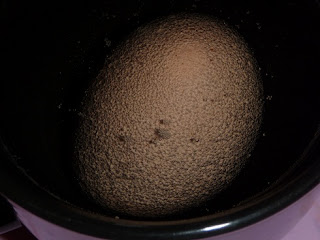
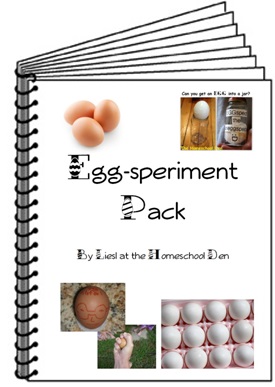




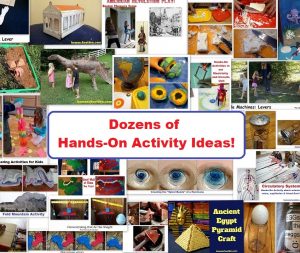




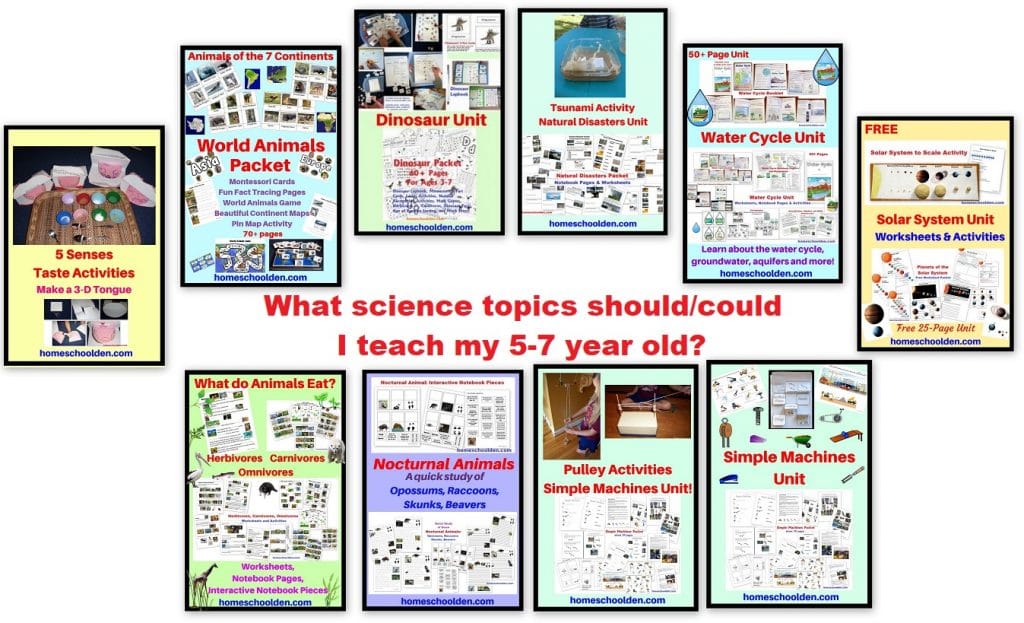






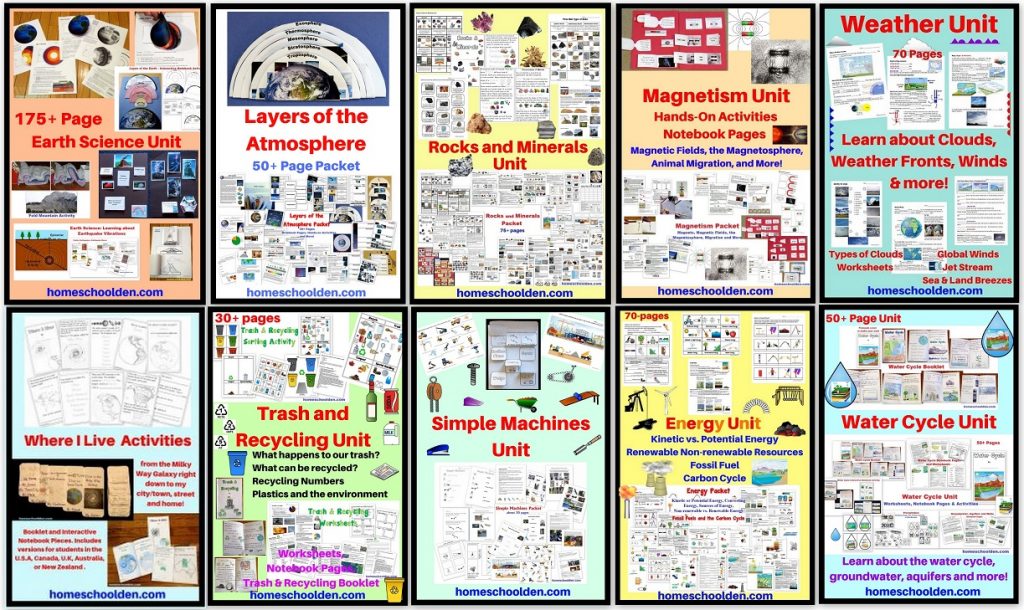

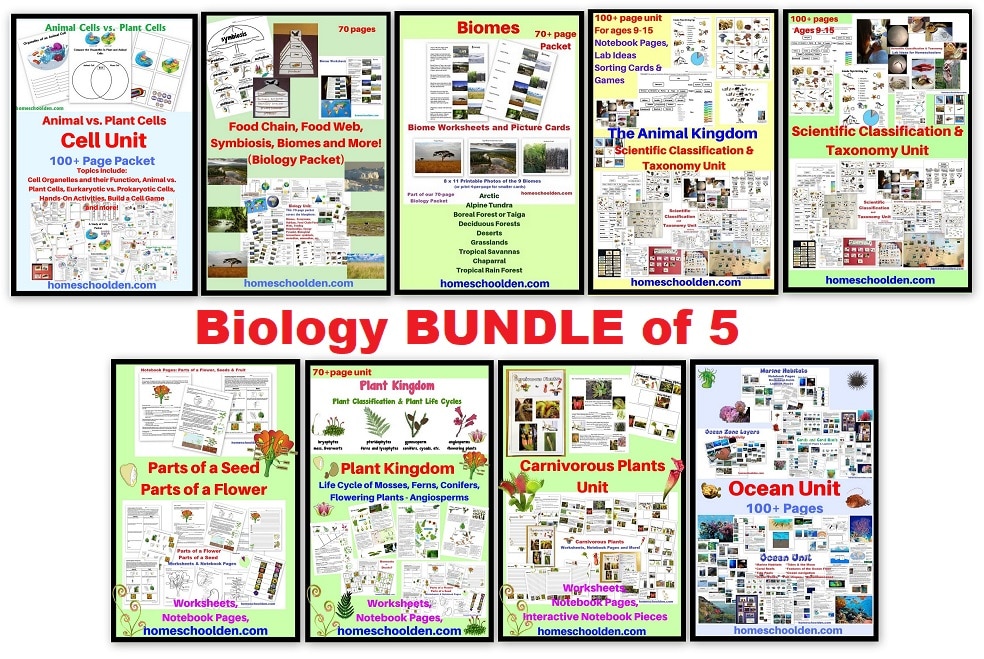
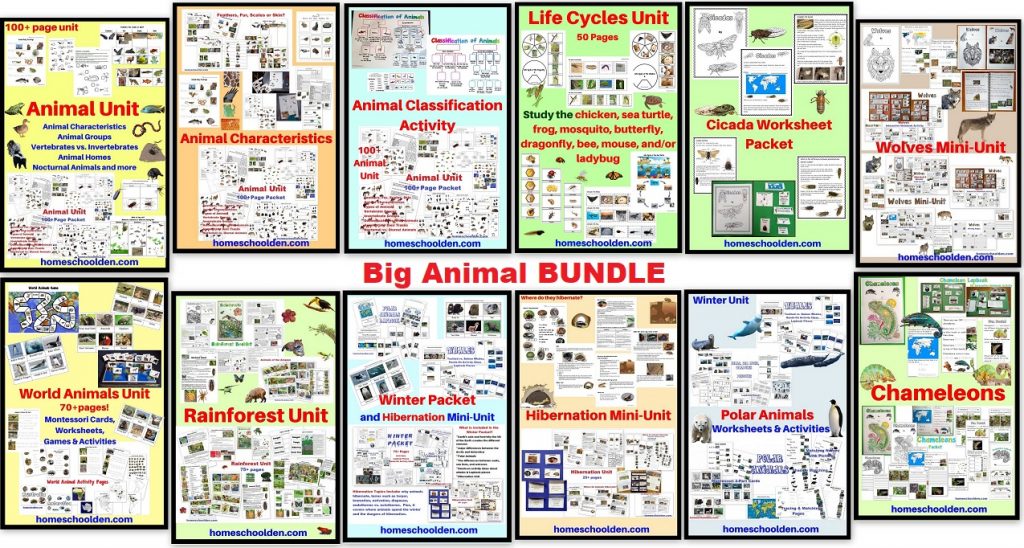
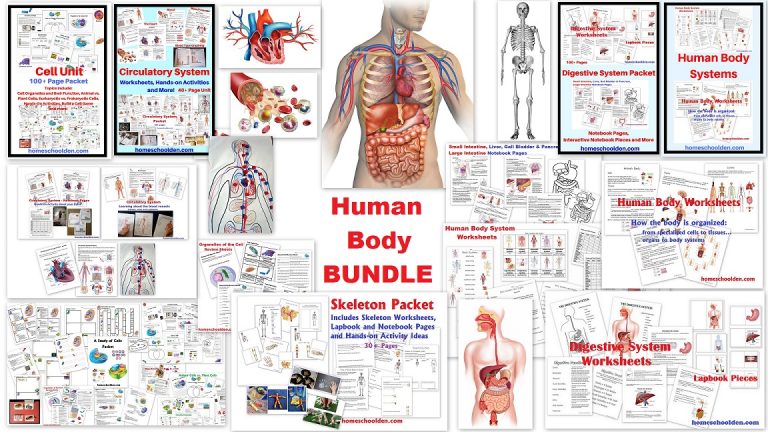
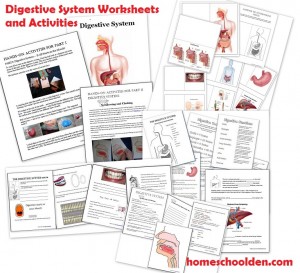



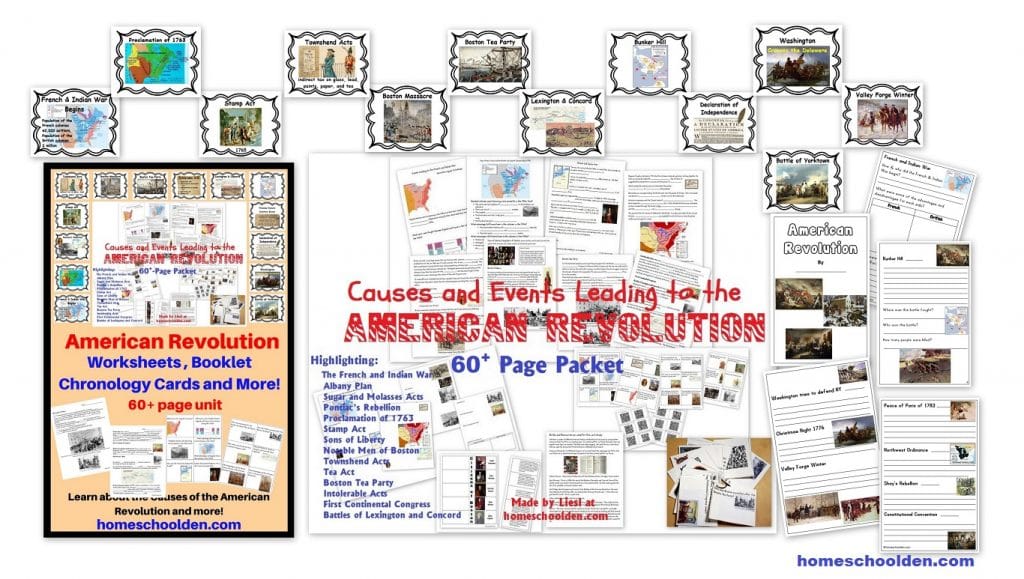

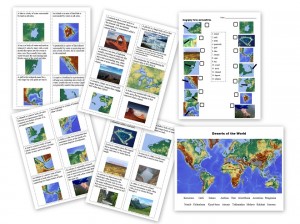






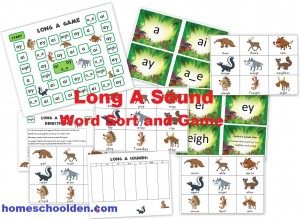
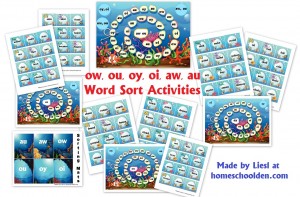


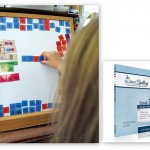

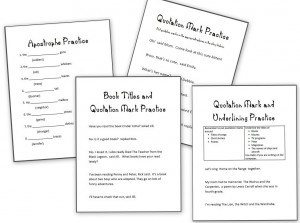


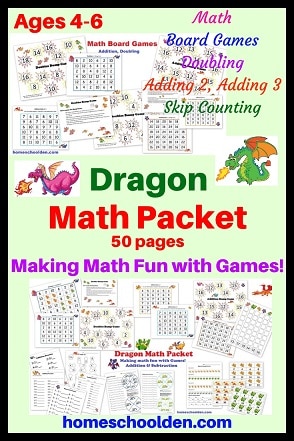


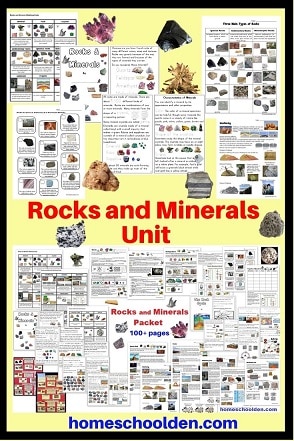

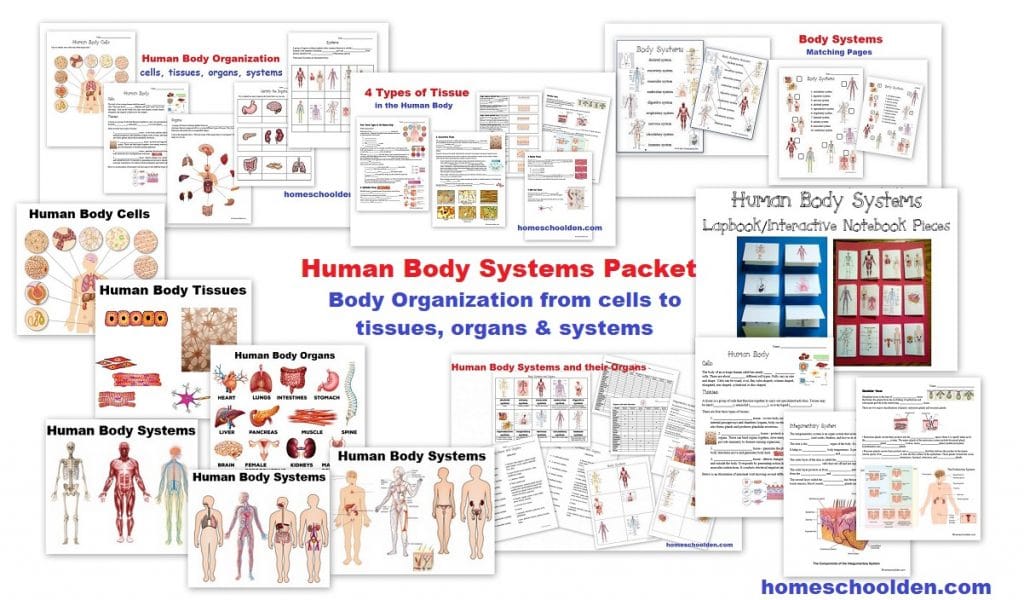

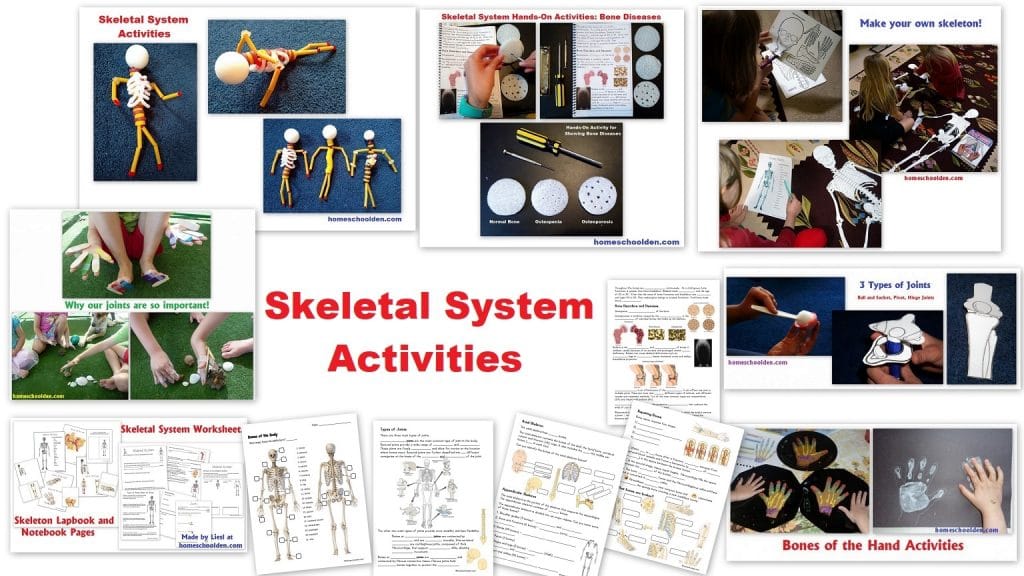
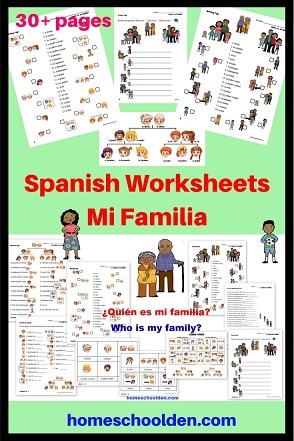

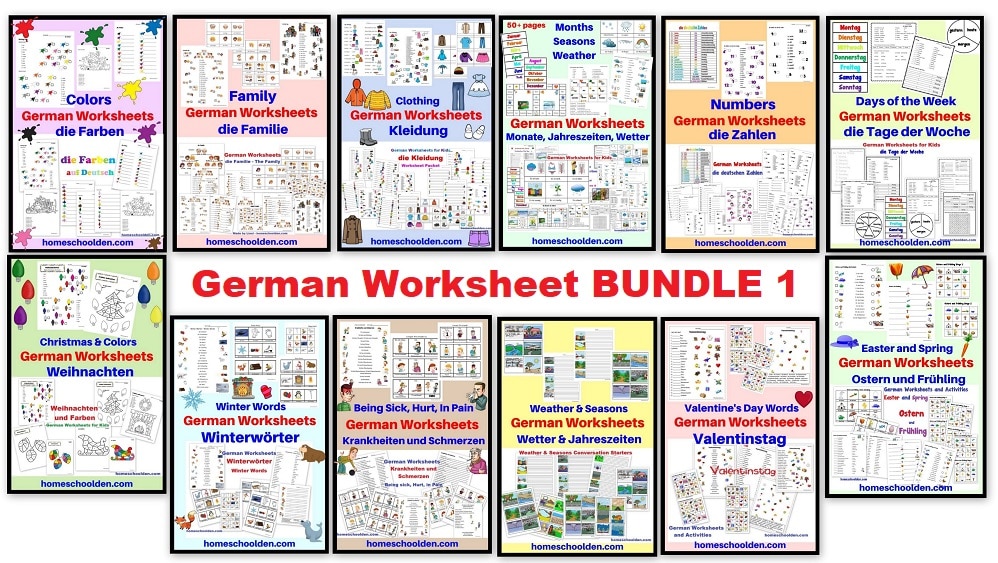

6 Responses
[…] 4 More EggSperiments (Part 3 of 4) […]
[…] 4 More EggSperiments (Part 3 of 4) […]
[…] 4 More EggSperiments (Part 3 of 4) […]
[…] 4 More EggSperiments (Part 3 of 4) […]
[…] 4 More Science EggSperiments: (Part 3 of 4) […]
[…] 4 More Science EggSperiments: (Part 3 of 4) […]